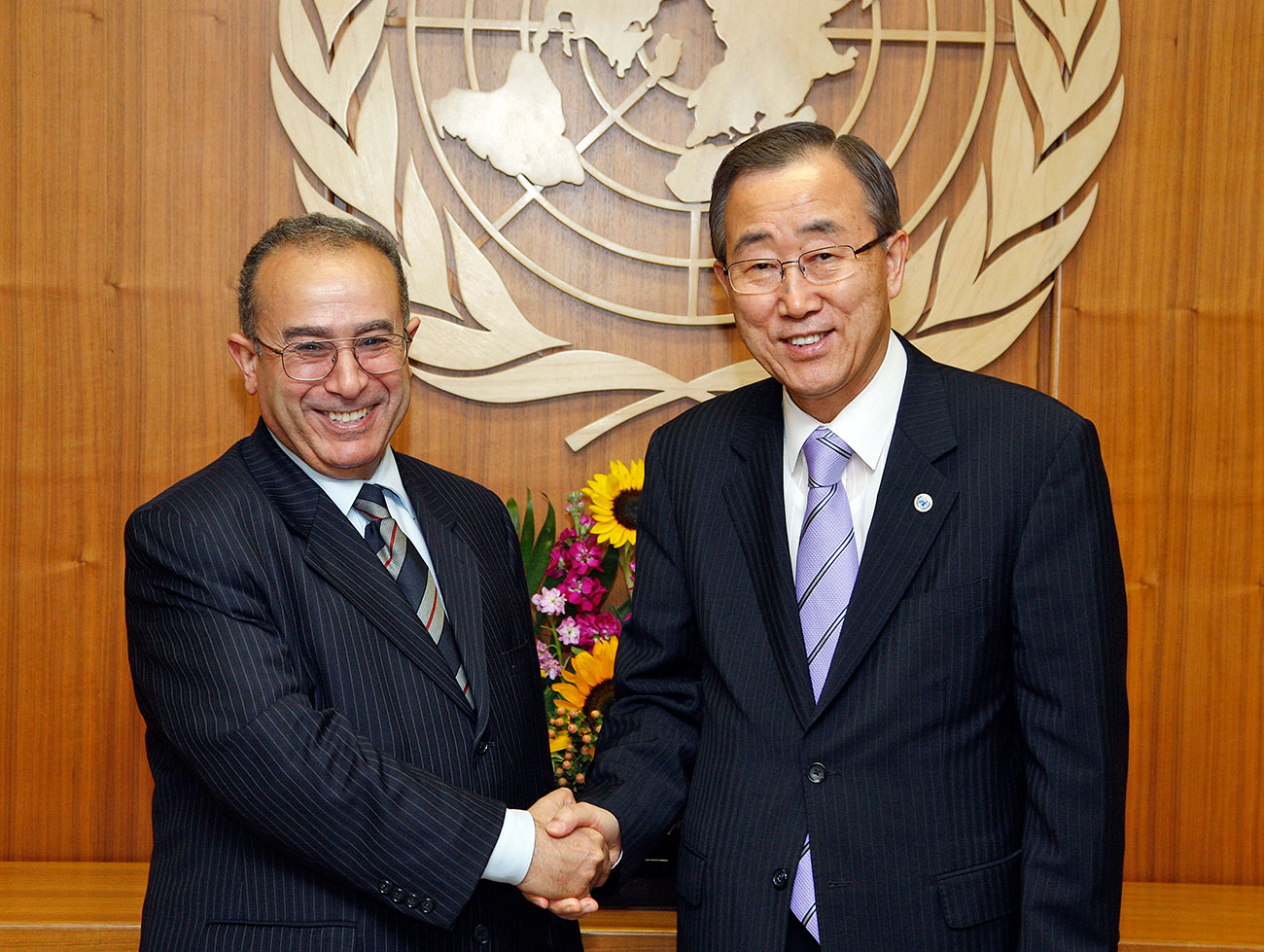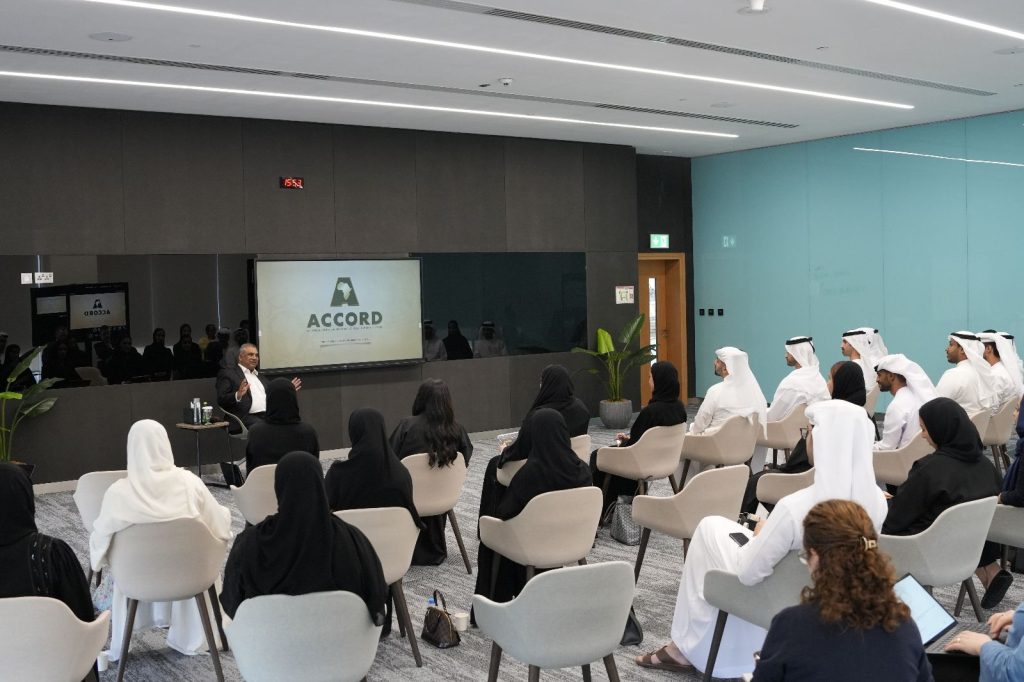The Training for Peace in Africa Programme at ACCORD (TfP/ACCORD) co-organised and participated in the Seminar on the future of African Peace Operations. Noting that African peace operations have developed a great deal over the last decade, partnerships with the United Nations (UN), European Union (EU) and others have also evolved and matured. As a result, Africa now has a rich sample of cases that can be used as a basis from which to chart a future course for the next decade of African peace operations. The Seminar provided a platform for discussions about the strategic policy options facing the AU and its Member States, and reflected on past experiences to extract best practices as well as critical challenges, and to generate strategic options for the next generation of Africa Peace Support Operations (PSOs).
The Seminar was held in Cape Town, South Africa from 17-18 December 2014 and was organised by TfP/ACCORD, the Norwegian Institute of International Affairs (NUPI), other TfP partners and Nordic Africa Institute (NAI). The workshop brought together 63 participants representing the EU, the UN Department of Peacekeeping Operations (DPKO), African Union (AU) and its missions, Regional Training Centres of Excellence, Academics and Researchers, Government Ministries, Regional Economic Communities, Practitioners and Humanitarian Personnel. The participation of these experts provided different understanding with varying views and critical concerns that underpin each dimension of contemporary peace operations. This led to practical recommendations on how to improve future African PSOs.
The Seminar discussed critical themes such as Stabilisation Mission and Mandates – Implications for the African Standby Force (ASF); Responding to New Asymmetric and Hybrid Security Challenges: Terrorism, Organised Crime, Piracy, and Pandemics; AU PSO Partnership: Strategic Considerations; AU PSOs Partnerships: Mission Support; Operationalisation of the ASF & RDC (Rapid Deployment Capability) and harmonisation with the African Capacity for the Immediate Response to Crises (ACIRC); Role of Civilian and Police Personnel in African PSOs; The Relationship between the UN, AU, Regional Economic Communities (RECs) & Regional Mechanisms (RMs) and the Principle of Subsidiarity; and the Way Forward: Strategic Options for African PSO 2015-2025.
The Seminar reiterated the need for a coordinated and timely strategy between the AU and the RECs in peacekeeping alongside the establishment of an independent funding mechanism for Future African PSOs. The need for taking stock of Africa’s training and capacity building initiatives also stood out clearly, while at the same time emphasis was placed on the need for increasing training for the future operations. The Seminar also flagged the need for African’s structural and institutional reform in its effort to address hybrid threats and challenges. The recommendations that came out of this seminar will feed into a broader strategic planning consideration for an improved PSO in Africa.
This initiative was in line with the TfP/ACCORD’s objectives of contributing towards the development of a multi-dimensional and integrated approach to African peace operations through training, applied research and policy development.
The Training for Peace Programme at ACCORD is an initiative funded by the Norwegian Ministry of Foreign Affairs.







